Find Help
More Items From Ergsy search
-
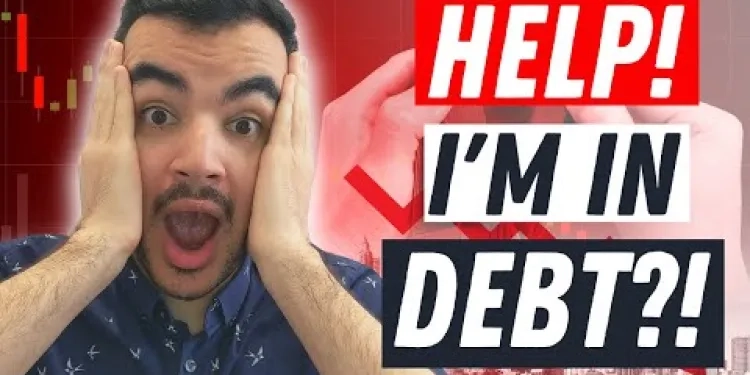
Three Debt Free Methods in 2023 | Free Debt Calculator Tracker
Relevance: 100%
-
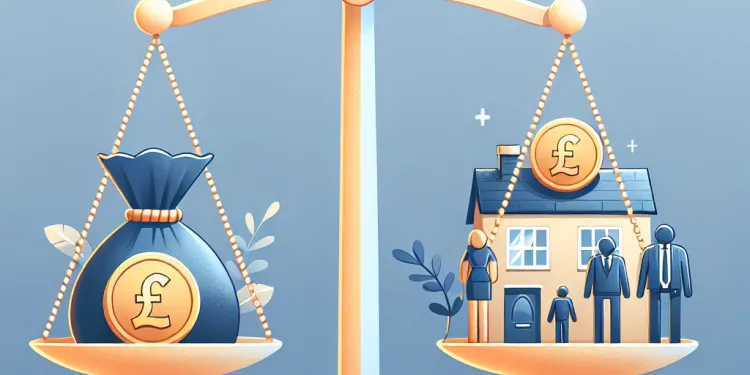
Do unpaid tax debts affect Inheritance Tax calculations?
Relevance: 42%
-
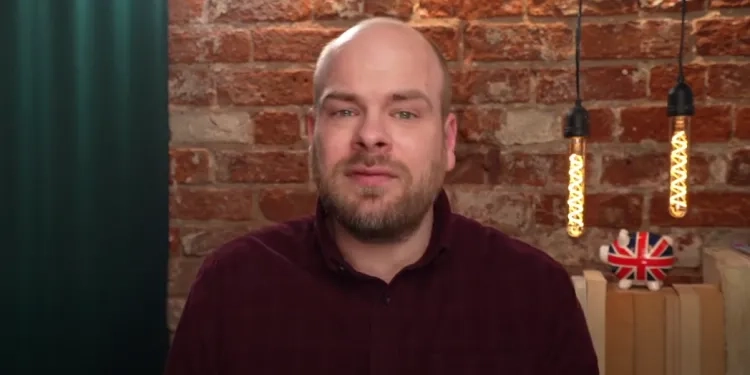
What Happens to Tax Debt After Death? (UK Laws)
Relevance: 33%
-

What is the role of an executor in handling tax debts?
Relevance: 33%
-
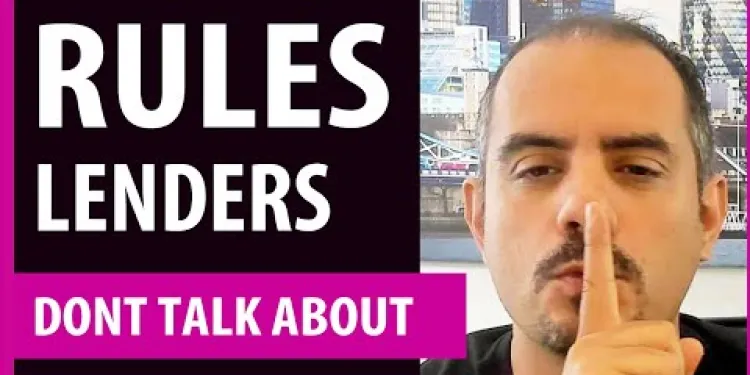
UK Mortgage Rules Lenders Don't Talk About - Debt To Income Ratio
Relevance: 31%
-
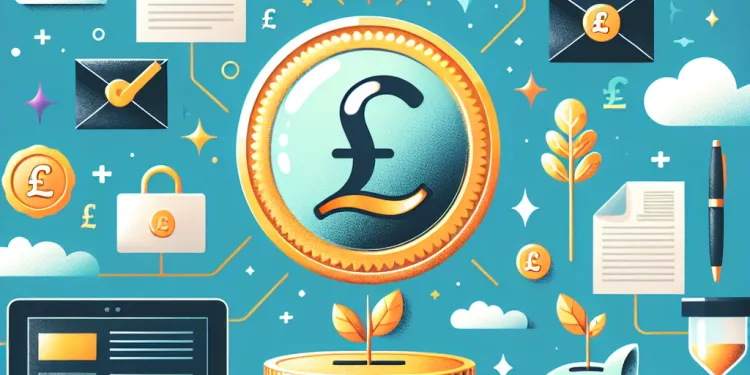
Who is responsible for paying the deceased’s tax debts?
Relevance: 31%
-
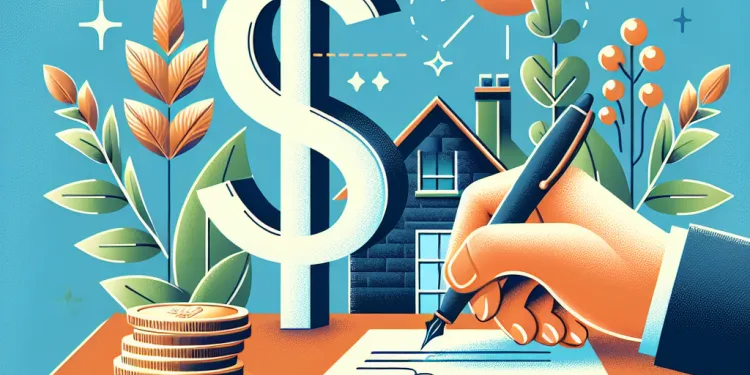
Can the executor use the deceased's assets to pay tax debts?
Relevance: 31%
-
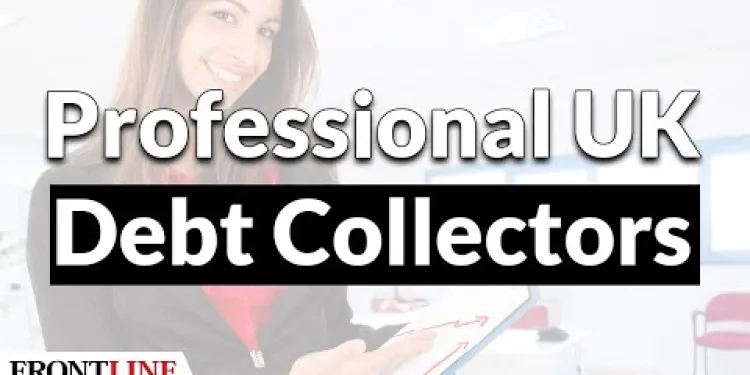
Owed money? - Professional UK Debt Collectors - 1st choice solution
Relevance: 30%
-
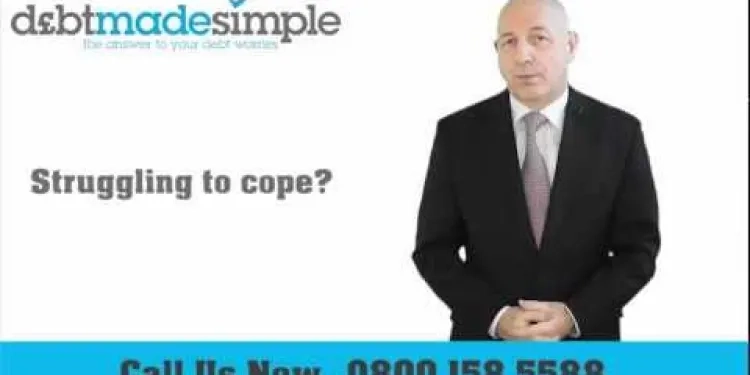
www.DebtMadeSimple.co.uk - Trust Deeds, Debt Arrangement Schemes, and Bankruptcy Services
Relevance: 29%
-

What if the estate does not have enough assets to pay all tax debts?
Relevance: 28%
-
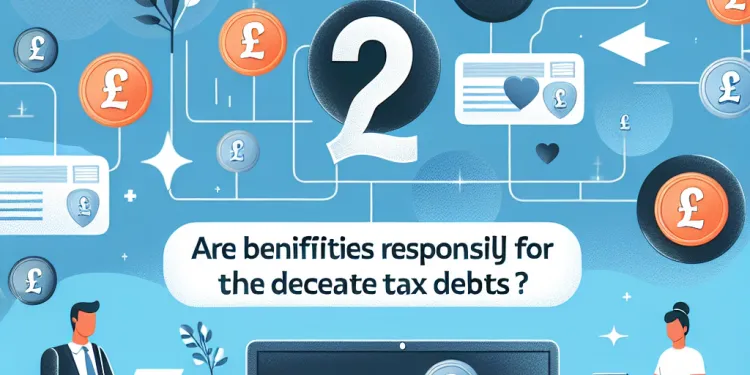
Are beneficiaries responsible for the deceased's tax debts?
Relevance: 26%
-
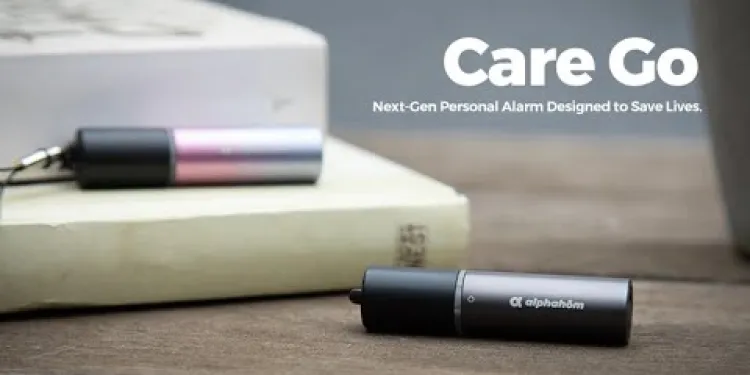
Bluetooth Tracker with Personal Alarm
Relevance: 23%
-
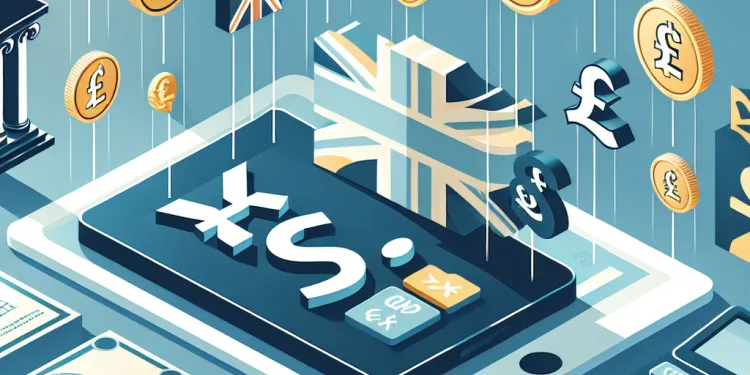
How is a wealth tax typically calculated?
Relevance: 21%
-

What is a tracker mortgage and how does it respond to interest rate changes?
Relevance: 19%
-
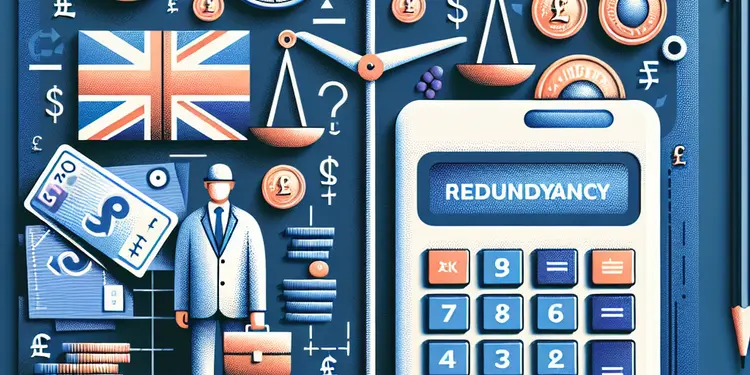
How is redundancy pay calculated in the UK?
Relevance: 18%
-
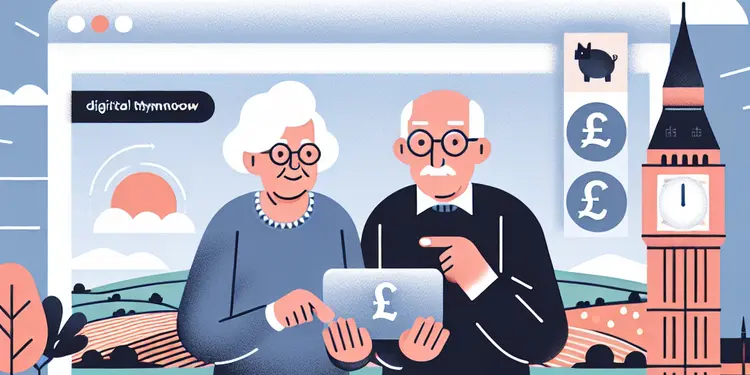
Are there free online resources for pension advice?
Relevance: 18%
-

Is real estate included in wealth tax calculations?
Relevance: 18%
-
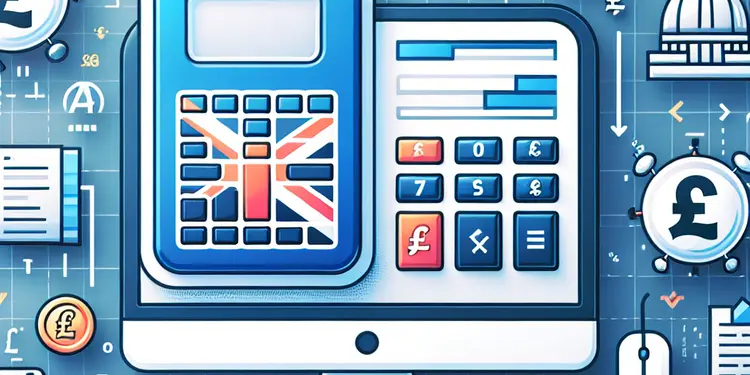
How do online pension calculators help?
Relevance: 16%
-
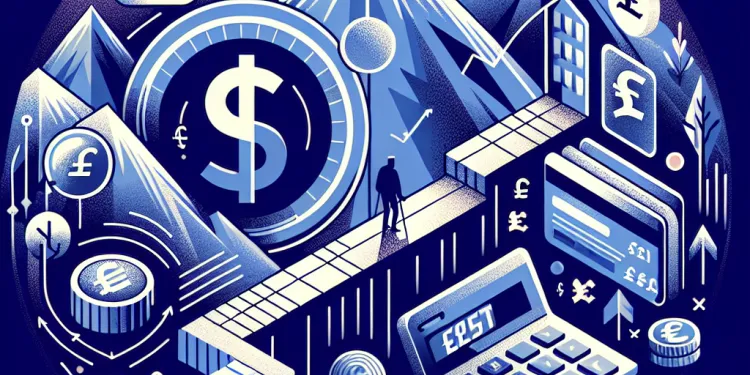
What is a balance transfer credit limit?
Relevance: 16%
-
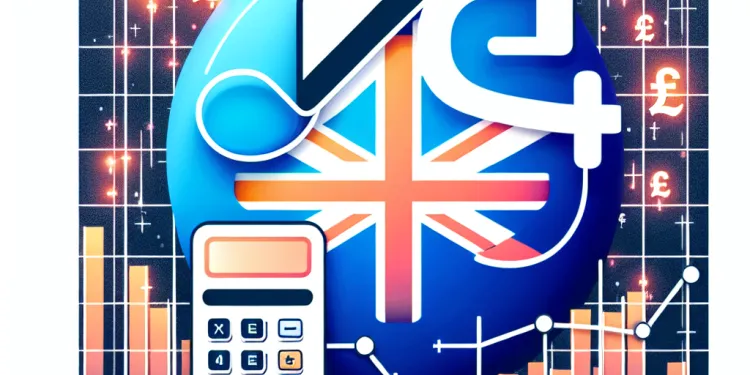
How is the tax refund amount calculated?
Relevance: 16%
-
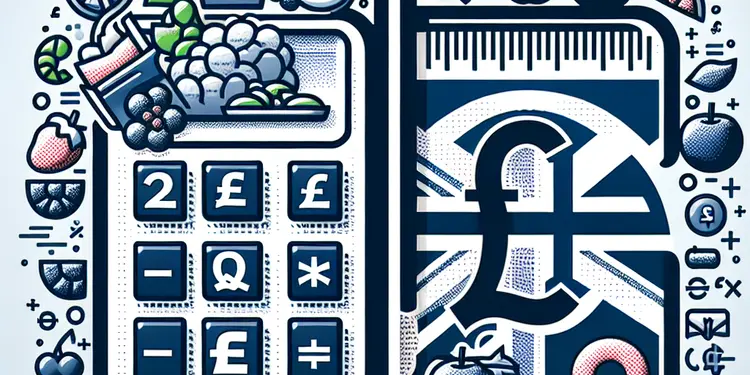
How can I calculate the fat content in my meals?
Relevance: 15%
-
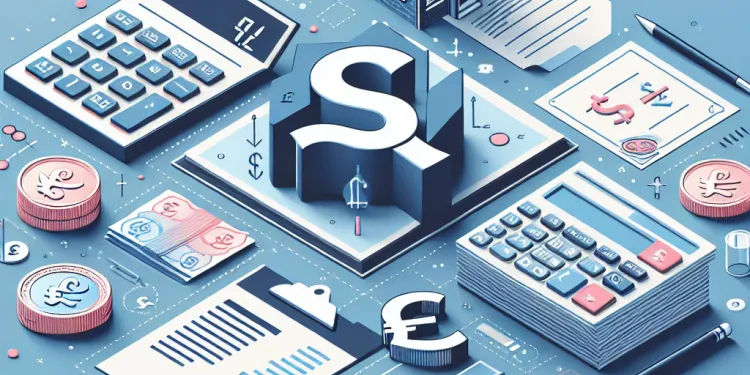
How is Stamp Duty calculated in the UK?
Relevance: 15%
-

Are school meals free for all students in the UK?
Relevance: 15%
-
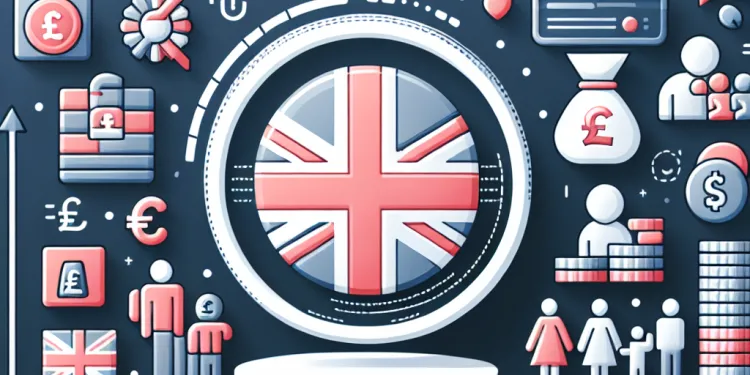
Understanding Your Rights: Legal Support for Families During Economic Turbulence
Relevance: 15%
-
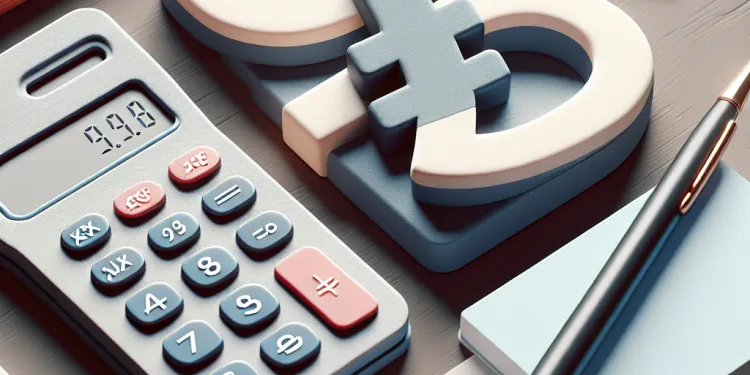
How is the Universal Credit amount calculated?
Relevance: 15%
-
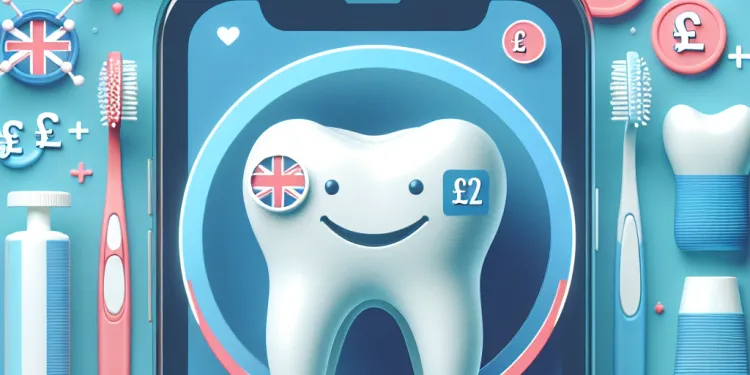
Are all dental appointments free on the NHS?
Relevance: 15%
-
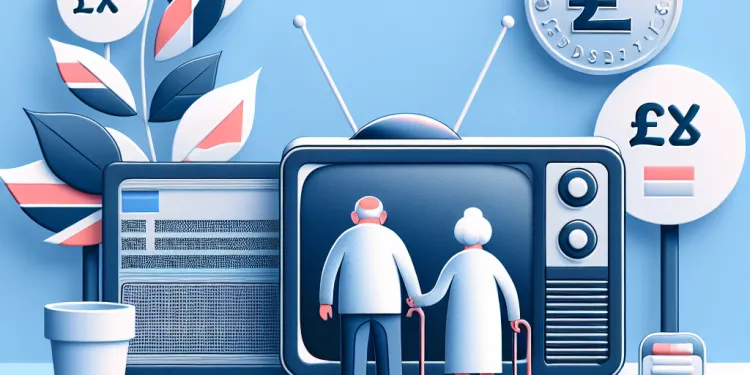
Do pensioners get a free TV license?
Relevance: 15%
-
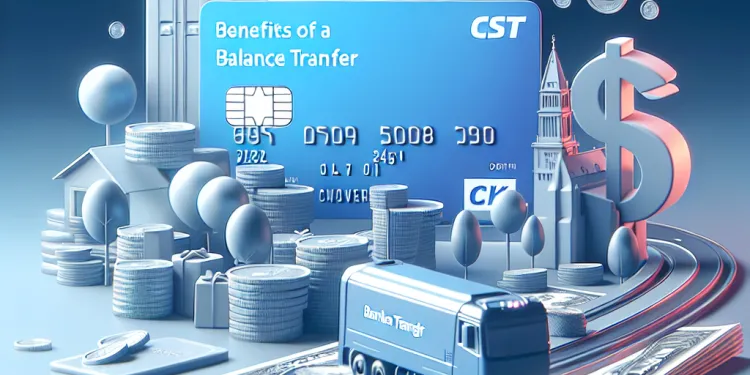
What are the benefits of a balance transfer credit card?
Relevance: 14%
-
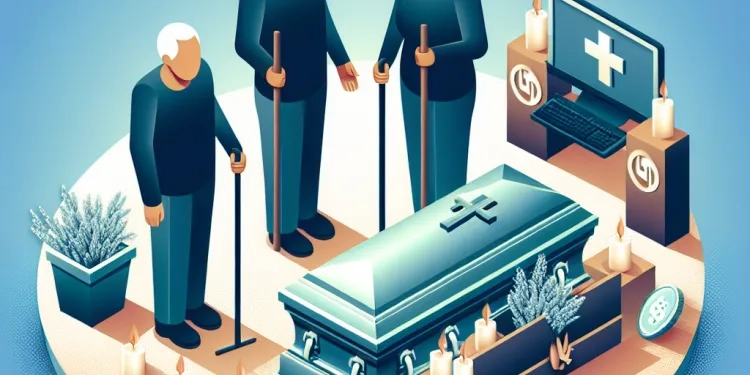
Alternative Burial Methods
Relevance: 14%
-
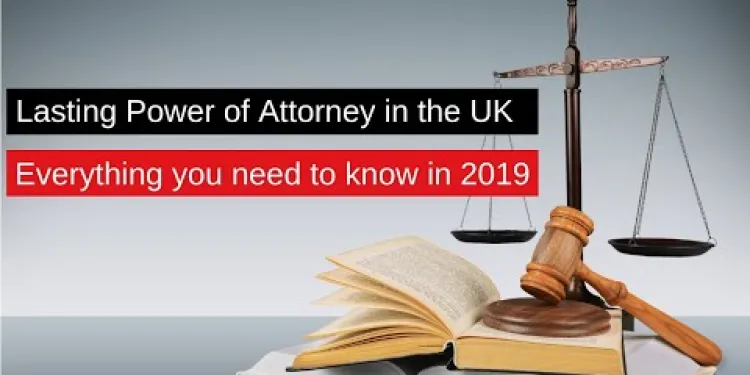
Lasting Power of Attorney UK - A 2023 Guide
Relevance: 14%
-
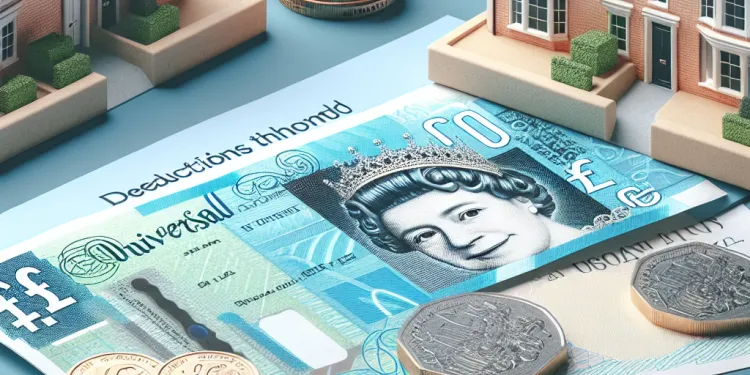
Are there any deductions from Universal Credit?
Relevance: 14%
-
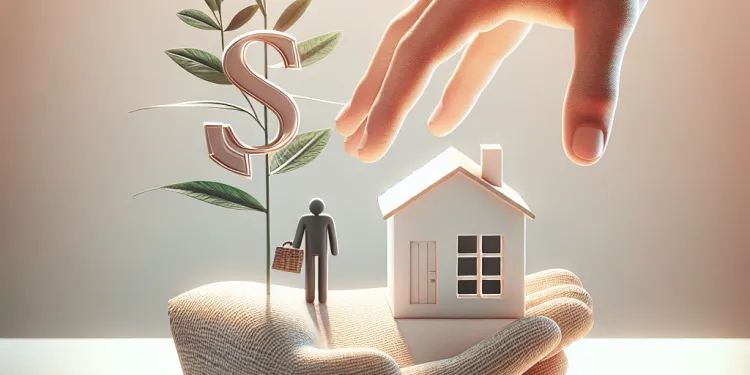
What is the process for paying inheritance tax?
Relevance: 14%
-
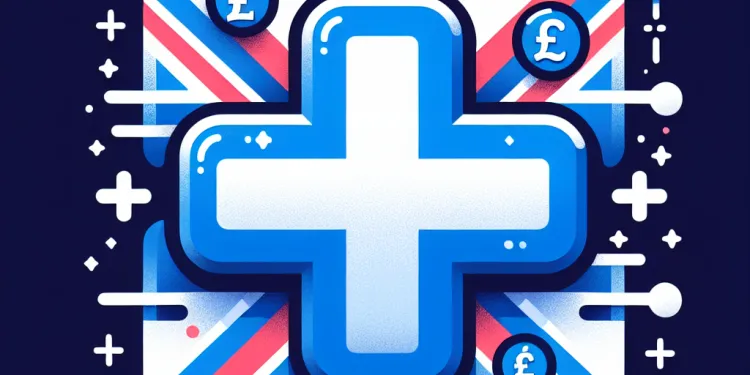
Are there free resources for learning first aid?
Relevance: 14%
-
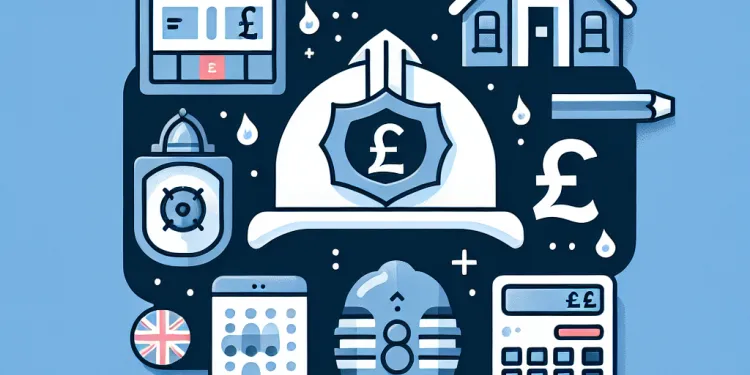
How is the pension calculated for firefighter schemes?
Relevance: 14%
-
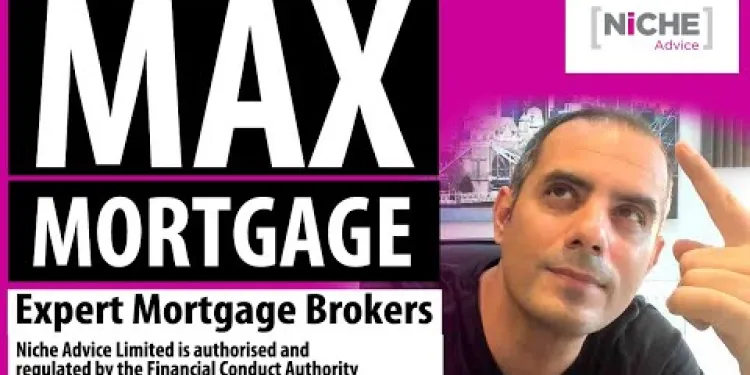
How much can I borrow for a mortgage UK - getting the Maximum Mortgage
Relevance: 14%
-
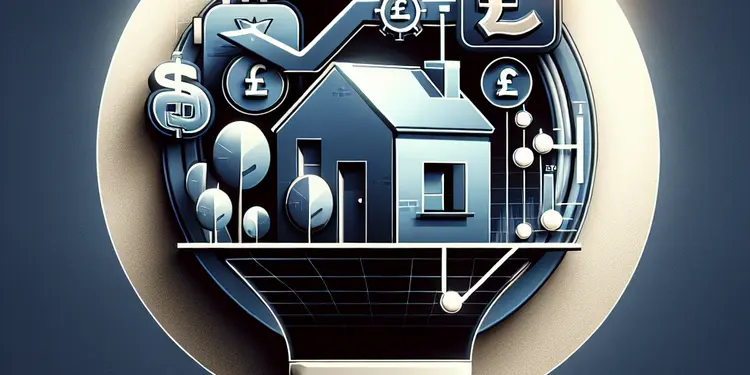
Where can I get help in managing my household bills?
Relevance: 14%
-
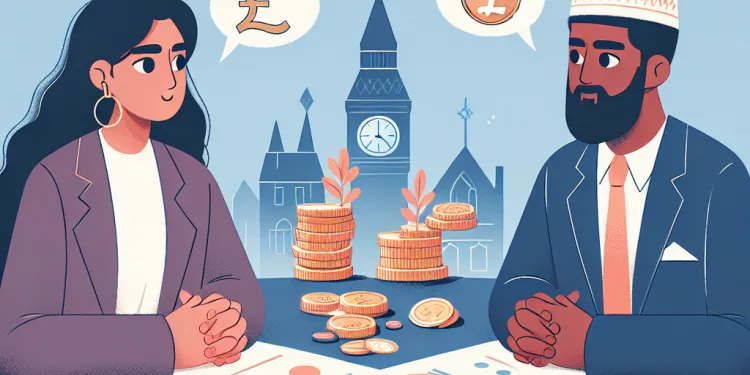
Navigating Post-Divorce Finances Amidst Economic Challenges
Relevance: 14%
-

Are mammograms free on the NHS?
Relevance: 14%
-
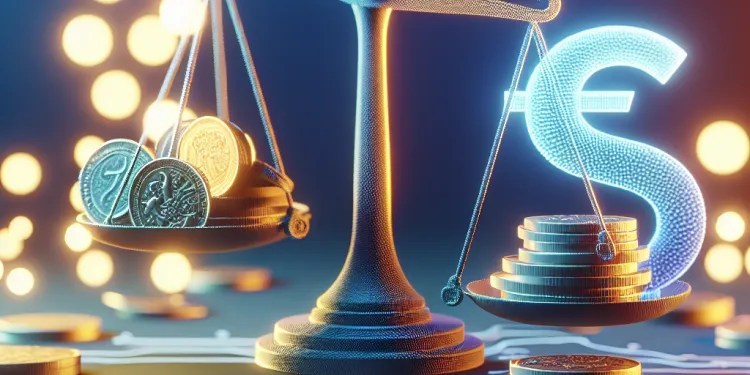
Is a balance transfer the right choice for me?
Relevance: 13%
-
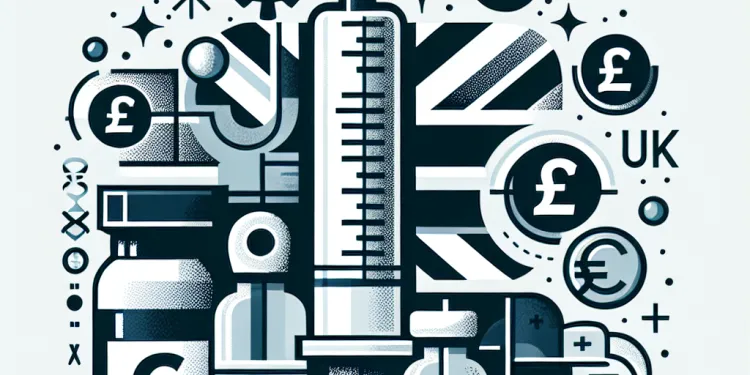
Is the flu vaccine free for everyone in the UK?
Relevance: 13%
Three Debt Free Methods in 2023
1. Snowball Method
The Snowball Method is a popular debt repayment strategy that focuses on paying off debts from smallest to largest. This method allows you to gain momentum as you see more debts paid off quickly. Begin by listing all your debts from smallest to largest, irrespective of interest rates. Make minimum payments on all your debts except the smallest one. Throw any extra money at this smallest debt until it’s paid off. Once cleared, move on to the next smallest debt with the same enthusiasm. This method provides psychological boosts as you eliminate smaller debts more quickly, motivating you to continue your journey to becoming debt-free.
2. Avalanche Method
The Avalanche Method emphasizes paying off debts with the highest interest rates first, saving you money on interest over time. Start by listing all your debts, this time from highest to lowest interest rate. Continue making minimum payments on all debts except the one with the highest interest rate, to which you apply any extra funds. After the highest interest debt is paid off, redirect your extra payments to the next highest interest rate debt. This approach is mathematically advantageous since it minimizes the amount of interest you pay, but it can take longer to see progress compared to the Snowball Method.
3. Debt Consolidation
Debt consolidation involves combining multiple debts into a single loan with a lower interest rate. This method simplifies your payments and could reduce the overall interest you pay. You can consolidate debts through a personal loan, balance transfer credit card, or a home equity loan. Evaluate the interest rates and terms of consolidation loans carefully to ensure you benefit in the long run. Debt consolidation can make debt repayment more manageable, but it requires discipline to avoid accumulating new debts.
Free Debt Calculator Tracker
A free debt calculator tracker can be an invaluable tool on your path to becoming debt-free. These calculators help you track your progress, estimate payoff dates, and visualize the impact of extra payments. By inputting your debts, interest rates, and monthly payments, you can customize a repayment plan that works best for you. Many financial websites offer free debt calculators specifically designed for UK residents, assisting you in creating a tailored strategy to eliminate your debt efficiently.
Three Debt Free Ways in 2023
1. Snowball Way
The Snowball Way is a plan to pay off debt. You start by paying off the smallest debt first. This way, you see results quickly. Make a list of all your debts from the smallest to biggest, no matter the interest. Pay the least you can on all debts except the smallest one. Put any extra money towards paying the smallest debt until it's gone. Then, move to the next smallest debt. This gives you a boost because you see debts disappear quickly, making you feel good about paying off debt.
2. Avalanche Way
The Avalanche Way is about paying the debt with the highest interest first. This saves money over time. List all your debts from highest to lowest interest. Pay the least you can on all debts except for the one with the highest interest. Put extra money towards this high-interest debt. After it’s gone, focus on the next highest interest debt. This way is smart because you pay less interest, but it might take longer to see results.
3. Debt Joining
Debt joining means putting all your debts together into one with a lower interest. This makes paying easier and can lower how much interest you pay. You can join debts with a personal loan, special credit card, or home loan. Check the rates and rules to make sure it helps you. Debt joining makes payments easier, but be careful not to take on new debts.
Free Debt Calculator Helper
A free debt calculator helper is a tool to help you become debt-free. It shows your progress, payoff dates, and the effect of extra payments. You can put in your debts, interest rates, and monthly goals to make a plan that works for you. Many websites have free calculators for people in the UK to help make a plan to clear debts.
Frequently Asked Questions
What are the Three Debt Free Methods in 2023?
The three debt-free methods in 2023 include the Snowball Method, the Avalanche Method, and Debt Consolidation.
What is the Snowball Method?
The Snowball Method involves paying off your smallest debt first while making minimum payments on larger debts, then moving onto the next smallest once the smallest is paid off.
What is the Avalanche Method?
The Avalanche Method prioritizes paying off debts with the highest interest rates first, while making minimum payments on all other debts.
What is Debt Consolidation?
Debt Consolidation involves combining multiple debts into a single loan, often with a lower interest rate, making it easier to manage and pay off.
How can I choose the right debt-free method?
Choosing the right debt-free method depends on your financial situation, debt amounts, and interest rates. Consider consulting with a financial advisor for personalized advice.
What is a debt calculator tracker?
A debt calculator tracker is a tool that helps you track your progress in paying off debt, calculate payoff timelines, and manage your repayment plan.
Is the debt calculator tracker free?
Yes, many debt calculator trackers available online are free to use.
Can I use the debt calculator tracker for multiple debts?
Yes, most debt calculator trackers allow you to input and manage multiple debts simultaneously.
How does Debt Consolidation affect my credit score?
Debt Consolidation can initially lower your credit score due to the new loan application, but it can improve over time as you make consistent payments.
Is it better to pay off high-interest debt first?
Paying off high-interest debt first can save you money on interest in the long run, which is the principle behind the Avalanche Method.
How do I stay motivated using the Snowball Method?
Celebrate small victories each time you pay off a debt. This positive reinforcement can keep you motivated to continue.
Will using a debt-free method help me save money?
Yes, structured debt repayment methods like Snowball and Avalanche can help you save on interest payments and reduce your overall debt quicker.
Are there any downsides to Debt Consolidation?
Potential downsides include possible fees, longer repayment periods, and the risk of not addressing underlying spending habits.
Can a financial advisor help with debt-free methods?
Yes, a financial advisor can provide tailored advice and help create a debt repayment strategy based on your specific financial situation.
What should I do if I can't keep up with my debt payments?
If you're struggling with debt payments, contact your creditors to discuss your situation. They may offer options like lower payments or extended deadlines.
What are Three Ways to Pay Off Debt in 2023?
Here are three simple ways to help you pay off money you owe in 2023:
- Snowball Method: First, pay off the smallest debt you have. After that, use the money you were using for it to pay the next smallest. Keep going like this until all debts are paid.
- Avalanche Method: Pay off the debt with the highest interest rate first. Once it's paid, move on to the next highest. This way, you pay less interest overall.
- Debt Consolidation: Combine all your debts into one with lower interest. This makes it easier to pay every month.
These methods can help make managing debt easier. You could use tools like a planner or an app to keep track of your payments.
In 2023, there are three simple ways to pay off debt. They are called the Snowball Method, the Avalanche Method, and Debt Consolidation.
Supportive tools like budget apps can help you keep track. Ask for help if you need it!
What is the Snowball Method?
The Snowball Method is a way to pay off money you owe, called debt.
It's called "snowball" because it starts small and gets bigger, like a snowball rolling down a hill.
Here’s how it works:
- First, make a list of all the money you owe.
- Start with the smallest debt. Pay as much as you can on this one.
- Keep paying the minimum amount on your other debts.
- When the smallest debt is paid off, move on to the next smallest.
- Repeat until all your debts are gone.
This method helps you see progress and stay motivated.
To help with this, you can try using a notebook or an app to track your debts.
The Snowball Method is a way to pay off money you owe. First, pay off your smallest debt. Keep paying a little on your bigger debts. When the smallest is gone, move to the next smallest one.
What is the Avalanche Method?
The Avalanche Method is a way to pay off money you owe. It helps you get rid of debt faster.
You start by paying the debt with the highest interest first. Interest is extra money you have to pay for borrowing.
Keep paying as much as you can on that debt until it is all paid off.
Then, use the same idea for the next biggest interest debt.
Tools like a calculator can help you keep track of your debts.
The Avalanche Method is a way to pay off debts. You first pay off the debt with the highest interest rate. At the same time, you make the smallest payment you can on your other debts.
What is Debt Consolidation?
Debt consolidation is when you put all your debts together. This means if you owe money to different people, you can join all the debts into one big debt. You then pay it off with one payment each month.
Debt consolidation can make it easier to manage your money. Instead of remembering many due dates, you only have one. This can help you pay things back on time.
Using tools like a calendar or alarm on your phone can help you remember when to pay your big debt.
Debt Consolidation means putting all your debts together into one big loan. This loan usually has a lower interest rate. It makes it easier to handle and pay all your debts.
How can I pick the best way to be free from debt?
Choosing the right way to get out of debt can feel hard.
Here are some easy steps to help you:
- Make a list of all the money you owe.
- Write down how much you earn and how much you spend.
- See if you can cut back on any spending.
- Pick a debt to pay off first. You can choose the smallest one or the one with the most interest.
- Try using a simple plan like the "Snowball" method (paying the smallest debt first) or the "Avalanche" method (paying the one with the highest interest first).
Tools to help you:
- Use a calculator to add up your debts.
- Ask someone you trust for help or advice.
- Look for apps or websites that help with managing money.
Deciding how to pay off your debts depends on how much money you have, how much you owe, and the interest rates. You can talk to a financial advisor to get help that's right for you.
What is a debt calculator tracker?
A debt calculator tracker is like a handy tool. It helps you keep track of money you owe. You can enter numbers to see how much you need to pay back and how long it will take. This tool can make managing money easier.
To help you, use a piece of paper or a phone app. Write down what you owe. Check it often to see your progress.
A debt calculator tracker is a tool to help you understand and manage your debt. It shows how much you owe and helps you plan how to pay it off. It can also show you how long it will take to pay everything back. This tool helps you stay on track with your payments.
Can I use the debt calculator tracker for free?
Yes, there are many free tools on the internet that can help you keep track of your debt.
Can I use the debt calculator for more than one debt?
Yes, you can use the debt calculator to keep track of many debts. This means you can see all your debts in one place.
Here are some tips to help you:
- Write down all the debts you have.
- Use the calculator to add each debt one at a time.
- Check your progress regularly to see how you are doing.
Yes, most debt trackers let you add and see lots of debts at the same time.
What happens to my credit score when I combine my debts?
When you put all your debts together into one payment, it is called debt consolidation. This can change your credit score.
After starting, your credit score might go down a little. This is because companies check your credit report when they start helping you.
But, if you make your payments on time after combining your debts, your credit score can go up over time.
If you want help, you can use a calculator to see how consolidating might change your score. You can also talk to a credit counselor.
When you put all your debts together into one loan, your credit score might go down at first. This happens because you are asking for a new loan. But if you keep paying the loan on time, your score can get better.
To help manage your money, you can use tools like a budget planner. This will help you know where your money goes. Another idea is setting reminders on your phone to make sure you pay on time.
Should I pay my loans with big interest first?
If you have loans, you might want to pay the ones with big interest first. This means the extra money you pay to borrow is high.
Here are some ideas and tips:
- List out all your loans. Note how much you owe and the interest rate (the extra money you pay).
- Pay more money on the loan with the highest extra cost first. This can save you money over time.
- Use a calculator to see how much money you will save. You can find these online to help.
- Ask for help if you do not understand. A parent or friend can help explain.
Try to plan and take it step by step. This can make paying loans less hard.
It’s a good idea to pay off debts with high interest first. This can help you save money over time. This idea is called the Avalanche Method.
How can I keep going with the Snowball Method?
Be happy when you pay off a little bit of money you owe.
This feeling good can help you want to keep going.
Can using a no-debt way help me save money?
Using a no-debt way can help you save money. This means not borrowing money or using loans. You only use the money you have right now.
Here are some helpful tips:
- Make a list of what you spend. Write it down.
- Save a little bit of money each time you get some.
- Use money counting tools like a calculator or budgeting app to plan.
Yes, there are ways to pay off debt called Snowball and Avalanche. They can help you pay less interest and get out of debt faster.
Is there anything bad about putting all debts together?
There are some things that might not be so good. You might have to pay extra fees. It could take a long time to pay everything back. And it might not help if you still spend too much money.
Can a money helper stop debt?
A money helper can tell you ways to spend better and save money.
They can help you plan to pay off money you owe.
They might show you how to use a budget tool to track your money.
You can use simple apps to keep an eye on spending.
Yes, a money helper can give you good advice. They can help you make a plan to pay back any money you owe. They will look at your money situation and figure out the best way just for you.
What can I do if I can't pay my bills?
If you find it hard to pay your bills, don't worry. You can get help.
Here are some things you can do:
- Call the company you owe money to and tell them you need help.
- Ask a family member or friend to help you talk to the company.
- Speak to someone who can give you advice, like a money helper or counselor.
- Use simple tools like calculators to see how much money you have.
Remember, it is okay to ask for help.
If you have trouble paying back money you owe, talk to the people you owe money to. They might be able to help you by letting you pay less money each time or by giving you more time to pay.
Useful Links
This website offers general information and is not a substitute for professional advice.
Always seek guidance from qualified professionals.
If you have any medical concerns or need urgent help, contact a healthcare professional or emergency services immediately.
- Ergsy carfully checks the information in the videos we provide here.
- Videos shown by Youtube after a video has completed, have NOT been reviewed by ERGSY.
- To view, click the arrow in centre of video.
- Most of the videos you find here will have subtitles and/or closed captions available.
- You may need to turn these on, and choose your preferred language.
- Go to the video you'd like to watch.
- If closed captions (CC) are available, settings will be visible on the bottom right of the video player.
- To turn on Captions, click settings .
- To turn off Captions, click settings again.
More Items From Ergsy search
-

Three Debt Free Methods in 2023 | Free Debt Calculator Tracker
Relevance: 100%
-

Do unpaid tax debts affect Inheritance Tax calculations?
Relevance: 42%
-

What Happens to Tax Debt After Death? (UK Laws)
Relevance: 33%
-

What is the role of an executor in handling tax debts?
Relevance: 33%
-

UK Mortgage Rules Lenders Don't Talk About - Debt To Income Ratio
Relevance: 31%
-

Who is responsible for paying the deceased’s tax debts?
Relevance: 31%
-

Can the executor use the deceased's assets to pay tax debts?
Relevance: 31%
-

Owed money? - Professional UK Debt Collectors - 1st choice solution
Relevance: 30%
-

www.DebtMadeSimple.co.uk - Trust Deeds, Debt Arrangement Schemes, and Bankruptcy Services
Relevance: 29%
-

What if the estate does not have enough assets to pay all tax debts?
Relevance: 28%
-

Are beneficiaries responsible for the deceased's tax debts?
Relevance: 26%
-

Bluetooth Tracker with Personal Alarm
Relevance: 23%
-

How is a wealth tax typically calculated?
Relevance: 21%
-

What is a tracker mortgage and how does it respond to interest rate changes?
Relevance: 19%
-

How is redundancy pay calculated in the UK?
Relevance: 18%
-

Are there free online resources for pension advice?
Relevance: 18%
-

Is real estate included in wealth tax calculations?
Relevance: 18%
-

How do online pension calculators help?
Relevance: 16%
-

What is a balance transfer credit limit?
Relevance: 16%
-

How is the tax refund amount calculated?
Relevance: 16%
-

How can I calculate the fat content in my meals?
Relevance: 15%
-

How is Stamp Duty calculated in the UK?
Relevance: 15%
-

Are school meals free for all students in the UK?
Relevance: 15%
-

Understanding Your Rights: Legal Support for Families During Economic Turbulence
Relevance: 15%
-

How is the Universal Credit amount calculated?
Relevance: 15%
-

Are all dental appointments free on the NHS?
Relevance: 15%
-

Do pensioners get a free TV license?
Relevance: 15%
-

What are the benefits of a balance transfer credit card?
Relevance: 14%
-

Alternative Burial Methods
Relevance: 14%
-

Lasting Power of Attorney UK - A 2023 Guide
Relevance: 14%
-

Are there any deductions from Universal Credit?
Relevance: 14%
-

What is the process for paying inheritance tax?
Relevance: 14%
-

Are there free resources for learning first aid?
Relevance: 14%
-

How is the pension calculated for firefighter schemes?
Relevance: 14%
-

How much can I borrow for a mortgage UK - getting the Maximum Mortgage
Relevance: 14%
-

Where can I get help in managing my household bills?
Relevance: 14%
-

Navigating Post-Divorce Finances Amidst Economic Challenges
Relevance: 14%
-

Are mammograms free on the NHS?
Relevance: 14%
-

Is a balance transfer the right choice for me?
Relevance: 13%
-

Is the flu vaccine free for everyone in the UK?
Relevance: 13%


